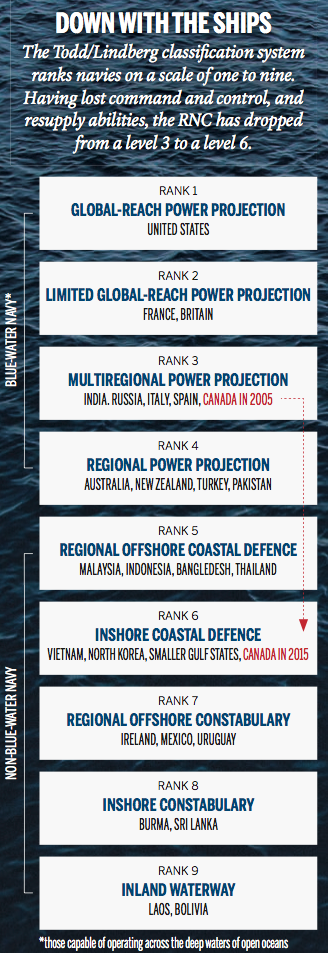P.J. O’Rourke on the real motivation for politicians to interest themselves in you:
I would like to address myself to the poor, the huddled masses, the wretched refugees teeming to America’s shore, the homeless, the economically, socially, and mentally tempest-tossed. Also, I’d like to address the young, the hip, the progressive, the compassionate, and the caring. I’d like a word with everyone who votes for Democrats.
Democrats hate your guts.
Democrats need your vote and they’ll do anything — no matter how low and degrading — to get it. They hate you the way a whore hates a john.
All politicians hate people. Politics is a way to gain power over people without justification for having that power. Nothing in the 11,000-year history of politics — going back to the governing elites of Mesopotamia — indicates that politicians are wiser, smarter, kinder, more moral, or better skilled at any craft (aside from politics) than we are.
But political rulers need the acquiescence of the ruled to slake the craving for power. Politicians hate you the way a junkie hates junk.
Politicians gain power by means of empty promises or threats, or both when they’re on their game. Should you vote for people who are good at politics? No. You should vote for Republicans. We’re lousy.
Believe me, I know why you don’t vote for Republicans. You see the Republican candidates and they look so … Bush-League, Dog Walker, Rubio Rube, Get-Outta-the-Carson, Hucka-Upchuck, Ap-Paul-ling, Cruz Control, Fat-Fried Christie Crispy, Son-of-a-Kasich, Dingleberry Perry, Flee the Fiorina, Sancta-Santorum, Graham Cracker, and Nervous 7/11 Night Shift Manager Jindal.
And never mind the busted flush Trump Card who should be spray-painted with Rust-Oleum primer, have a squirt gun super-glued to his hand, and kicked through the front door of the Ferguson, Mo., police station.
You think, “I don’t want to vote for these people.”
Just between you and me, we Republicans think the same thing.
Republican politicians stink. This is because real Republicans don’t go into politics. We have a life. We have families, jobs, responsibilities, and it takes all our time and energy to avoid them and go play golf. We leave politics to our halt, our lame, and our feeble-minded. Republican candidacies are sinecures for members of the GOP who are otherwise useless and/or retired.
Democrats, on the other hand, are brilliant politicians. And I mean that as a vicious slur. Think how we use the word “politics.” Are “office politics” ever a good thing? When somebody “plays politics” to get a promotion, does he or she deserve it? When we call a coworker “a real politician,” is that a compliment?


 This October, NATO is launching Trident Juncture, its largest and most ambitious military exercise in a decade. The massive land, sea and air exercise will be held in the Mediterranean and will include 36,000 troops from 30 nations. Its goal will be to help the fictitious country of Sorotan, “a non-NATO member torn by internal strife and facing an armed threat from an opportunistic neighbour.” Not surprisingly, this is widely seen as an explicit response to Moscow’s increasingly belligerent pressure on the alliances’ eastern borders. The Canadian government, an outspoken critic of Russian President Vladimir Putin and the invasion of Ukraine, had planned to send its flagship destroyer, HMCS Athabaskan, as “a strong signal to the Russians,” whose ships and aircraft have also been bumping up against Canada’s territorial claims in the Arctic.
This October, NATO is launching Trident Juncture, its largest and most ambitious military exercise in a decade. The massive land, sea and air exercise will be held in the Mediterranean and will include 36,000 troops from 30 nations. Its goal will be to help the fictitious country of Sorotan, “a non-NATO member torn by internal strife and facing an armed threat from an opportunistic neighbour.” Not surprisingly, this is widely seen as an explicit response to Moscow’s increasingly belligerent pressure on the alliances’ eastern borders. The Canadian government, an outspoken critic of Russian President Vladimir Putin and the invasion of Ukraine, had planned to send its flagship destroyer, HMCS Athabaskan, as “a strong signal to the Russians,” whose ships and aircraft have also been bumping up against Canada’s territorial claims in the Arctic.

